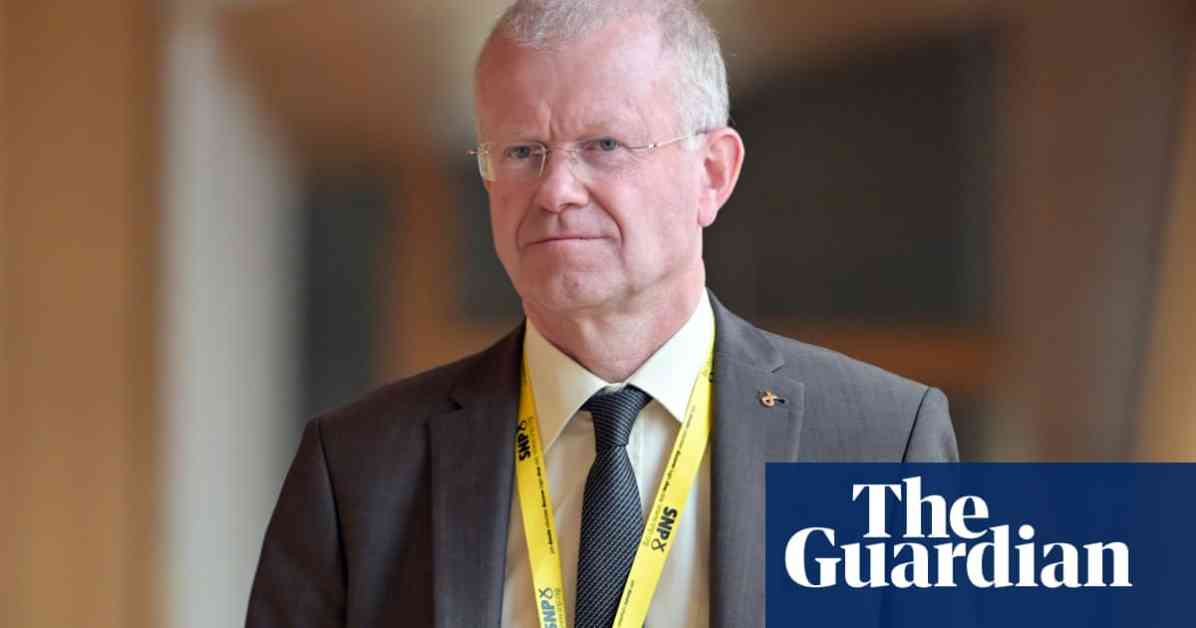An MSP from Glasgow Shettleston, John Mason, has been expelled from the SNP due to comments he made about the Israel-Hamas conflict. His party deemed his comments as “utterly abhorrent”. The controversy arose when Mason responded to former SNP MSP Sandra White’s statement about Israel committing genocide in Gaza by saying, “If Israel wanted to commit genocide, they would have killed 10 times as many.” This led to strong criticism from Ian Blackford, the SNP’s former Westminster leader, who called Mason unfit for public office.
Mason expressed his disappointment over being expelled from the party in a social media post. He believed that differing views should be tolerated within the party as long as everyone is committed to Scottish independence. The SNP, however, found Mason’s remarks unacceptable, especially in light of the high number of Palestinian casualties in the conflict. The party spokesperson made it clear that there is no place for such intolerance in the SNP.
After the decision to remove the whip, Mason defended his comments in a radio interview and on Facebook. He emphasized the importance of peace talks and negotiations in the Israel-Gaza conflict and expressed his belief that Israel is not committing genocide, despite the high number of Palestinian casualties. The SNP stated that the disciplinary process is ongoing, and they cannot comment further until it is concluded.
In light of this incident, it is essential for politicians to be mindful of the impact of their words, especially on sensitive matters like international conflicts. It is crucial to engage in respectful dialogue and promote peaceful solutions rather than making inflammatory statements that can further escalate tensions. As representatives of the public, politicians should strive to foster understanding and empathy, even in the face of complex and divisive issues like the Israel-Hamas conflict. This incident serves as a reminder of the responsibility that comes with holding public office and the importance of upholding values of respect, tolerance, and diplomacy in political discourse.












